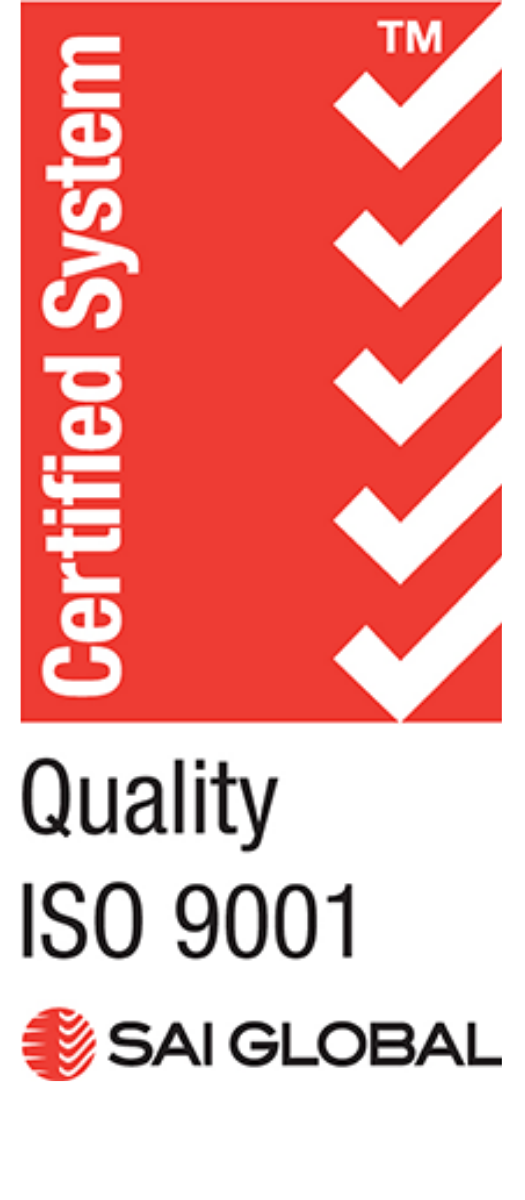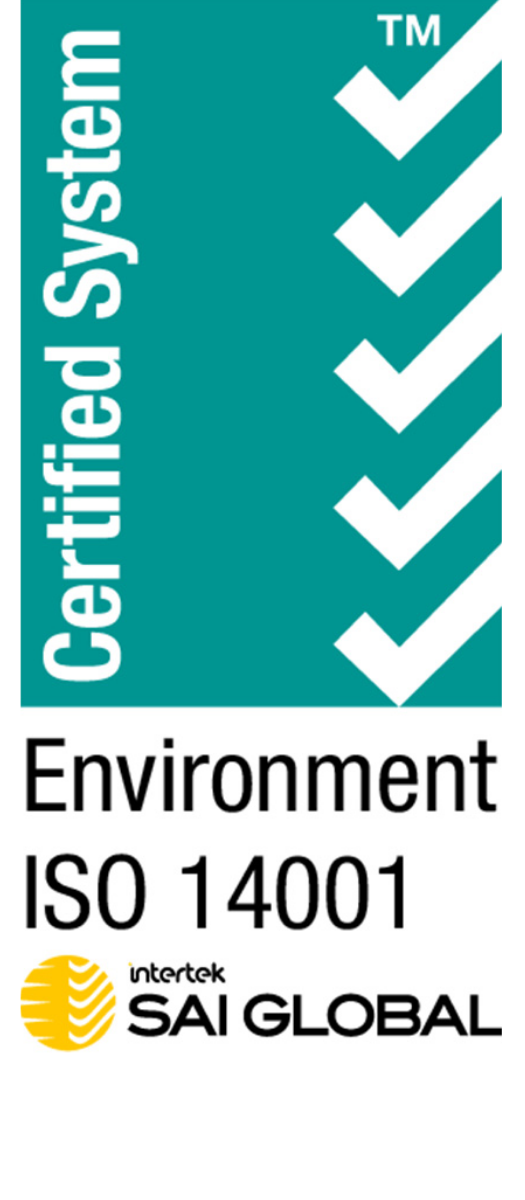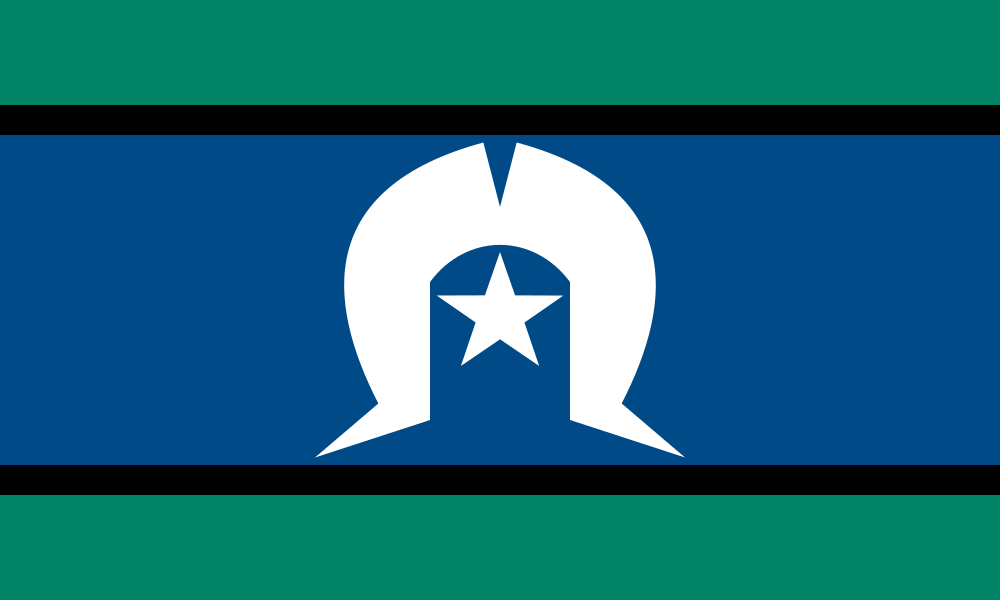Please note that this blog is archived and outdated. For the most current information click here!
Software Licensing: Why It Matters & How It Helps You
What Is Software Licensing?
Where software licensing becomes confusing is in the different types of licenses and the rights attached to the various licenses. With software becoming more prevalent in our everyday lives, we should become familiar with important concepts such as software licensing. Despite software licensing presenting as quite a tricky concept, consumers should endeavour to learn the ins and outs of it in order to improve software innovation.
Methods for Licensing Software
An end-user license agreement (EULA) is one approach vendors can take to license their software. This is a contract between the licensor and purchaser, establishing the purchaser's right to use the software. The contract may include the different ways the software can be used as well as any rights the buyer has obtained by purchasing the software. This is one of the more basic and commonly used ways to license software. If you're using SaaS and as a result your applications are cloud based, the software license is usually subscription based. That is, you will pay for each user on a monthly (or some other period) basis. This type of software license offers greater flexibility. It is also beneficial in that you only pay for what you need " allowing you to scale your business without repercussions. There's also the question of whether you can re-sell your software license if you're no longer using it. There is no black and white answer to this question. The answer can generally be found in the EULA. From a legal standpoint there may be question marks over the enforceability of EULA's given to users after they purchased the software given they weren't aware of these conditions at the time the contract was formed. However I will not go into depth about questions of law. Another method of licensing software is by white labelling it. This is where a product is created by one company and then re-branded by another company. As a result, the software/product belongs to the company that created it. There is a software license in place which permits the company benefiting from the white label to use the software.
Why Software Licensing Is Important
Businesses must be savvy in the licenses they purchase to ensure firstly they are using software legally and secondly, they aren't paying for licenses that aren't being used. By acquiring too many software licenses you're wasting company resources, without enough you leave yourself liable to a potential lawsuit (which is quite costly). Finding the right license agreement can also make it easier to manage software in your company.
How does licensing work with WorkingMouse clients?
WorkingMouse builds custom software for a wide variety of clients. As a professional services company, we do not charge for the licensing
of software. However, part of the growth and monetisation strategy for many clients is to license their custom applications to users. As a
results, we assign all intellectual property rights to our clients which gives them the ability to license their software. If you're
considering licensing your custom software it is essential to double check that the IP rights have been assigned to your legal entity.
There is a secondary aspect to licensing during software development. In order to develop software, there may be a need to utilise third
party tools. For example, WorkingMouse uses Codebots in order to streamline its software
development. What's important is to ensure that the license and third party tool that you're using doesn't retain any IP in the
application built. Reiterating on our point earlier, it's critical to own the intellectual property in the application if you're thinking
of licensing it. That should apply to any third party API's that you use and the technology frameworks. Contact us
here if you're ready to talk more about your software project.





.png)











